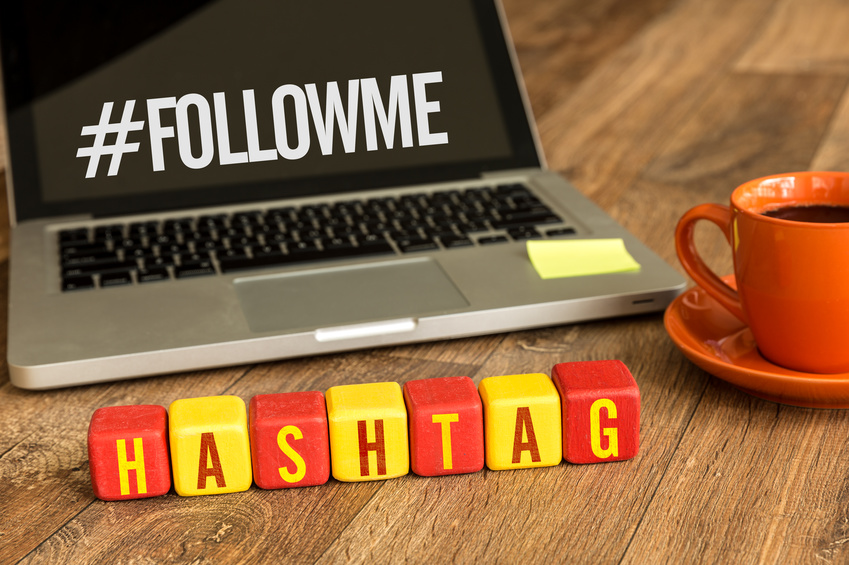
If you’re under the age of 30, then technology has probably been a part of your romantic life since you hit puberty. In middle school, it was awkward, flirty chats on AIM, then stalking your cyber crush on Facebook, followed by modern dating apps like Tinder or OKCupid. Of course, that’s not the only part of our relationships that have shifted to the online space.
Dating, for both casual and serious relationships, used to be filled with laughter, conversations, and truly getting to know each other. Nowadays, it’s sitting at dinner on your phone across from someone else on his or her phone.
Nothing says modern love quite like scrolling through Instagram and completely ignoring your significant other.
Relying On Social Media Affection Is a Common Relationship Problem in 2018
If you’re in a serious relationship, you might as well make it “Facebook official” by confirming online. That’s the least you could do. But if your partner constantly posts about how great and amazing you are, and you just focus on sharing hilarious sloth memes and funny videos, there could be some issues.
“Surely if he loved me, he would shout it from the rooftops of the interwebs.”
According to Science Direct, frequent social media use actually has a negative correlation with levels of relationship satisfaction. Every time someone interacts with you on social media (picture tagging, liking, commenting, messaging, etc.), a dopamine release occurs. Some people rely far too heavily on those dopamine releases — whether they are aware of it or not.
Even if the social media interactions aren’t genuine at all, simply seeing those red notifications lighting up your phone can result in a release of dopamine. Even if the “person” blowing up your feed is completely fictional, the dopamine hit we get from social media is real. More than 1 million bot Twitter accounts have been taken down daily since May. If someone is obsessed with their social media activity, they’ll enjoy and even yearn for these notifications, even if it’s from a fake account.
When you get hooked on the dopamine you get from social media, you start spending more time scrolling through Instagram and Facebook. Soon, you’re neglecting your partner altogether, even when you’re sitting right next to each other.
Thirsty For Affection
Unfortunately, simply paying more attention to our phones rather than our partners isn’t the only problem. There are plenty of sub-problems related to cell phone usage and social media that contribute to the destruction of otherwise healthy relationships.
If someone notices that their partner rarely or never posts about them or interacts with them on social media, that can cause some serious relationship resentment issues. Of course, not everyone has the same relationship to social media.
Is Social Media Hurting My Relationship?
When one partner cares about getting likes and follows, and one partner prefers spending time with real-world friends, resentment can poison the relationship. That’s because our beliefs about social media impact our behavior. Let’s say you’re going on a hike to a beautiful waterfall. When you arrive, one partner may want to spend 30 minutes trying to capture the perfect selfie; the other just wants to enjoy the scenery. You don’t have to feel the same way about Instagram to make your relationship work, but you should be able to talk about these issues like adults.
How else can social media hurt your relationship? Here are some other social media warning signs that could end up leading to the demise of a relationship:
- Inappropriate activity (especially with exes!)
- Restrictive privacy settings
- Overcompensating with PDA posts
- Posting for a confidence boost (thirst posts)
Finally, there’s the social media affair, which has ended many a relationship. Digital cheating is a very real thing. On the flip side, snooping on your partner’s phone or social media apps can kill the trust in your relationship. It’s a minefield.
There is no magical solution, unfortunately. But as long as you and your partner are cognizant of your social media usage and actually talk in-person about any potential problem, you should be able to withstand the digital age. Good luck — and put your phone down for a little bit!


No Comments yet!